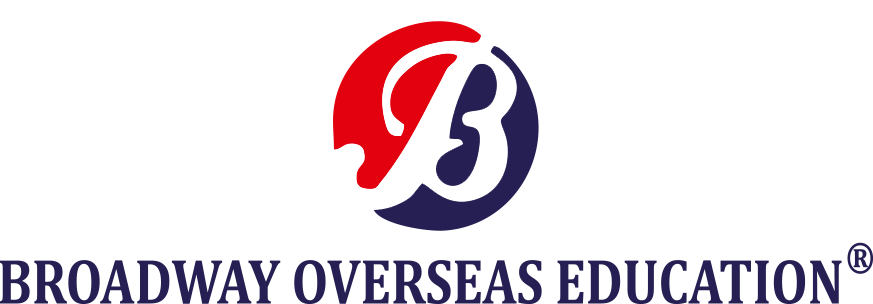
Study in Switzerland: A Guide for International Students
Located in the heart of continental Europe, Switzerland is a small country with a longstanding history in higher education excellence, dating all the way back to 1460. With a wide variety of higher education institutions, studying in Switzerland will give you the opportunity to explore and learn directly in line with your passions. An education in Switzerland will take you far outside the walls of the library. With its diverse and picturesque landscapes, cultural variety (fusing German, French and Italian traditions), top ranked cities for quality of life, innovative technological environment and high educational standards, studying abroad in Switzerland is an experience of a lifetime. With 248,000 students registered for the 2017/2018 autumn semester, higher education is continuing to grow in Switzerland, and the same year saw increasing numbers of women and international students in Swiss higher education.
Switzerland prides itself on its well-recognized institutes in science and tourism, as well as internationally-accredited business schools. The country’s diverse geography, four official languages, high English proficiency and culture of learning and innovation are all reflected in the world class education you will receive by studying in Switzerland.

Higher Education System in Switzerland
The higher education system in Switzerland is internationally renowned for its high academic standards, well-regarded research outputs and student-centered teaching methods. The overall education system in Switzerland is split into three categories: compulsory education, upper-secondary education and tertiary education, with higher education being concentrated completely at the tertiary level. Education in Switzerland is provided by both state-funded and private establishments, giving you a wide range of options to find the best program for you. Both public and private establishments provide a comprehensive range of education at all levels with programs open to foreigners.
Swiss higher education encompasses universities and higher vocational training. The university system consists of Universities, Universities of Applied Sciences and Arts, and Universities of Teacher Education while the higher vocational system is made up of different Advanced Vocational Colleges. With institutions managed at the federal, regional and local levels, they all contribute to a dense network of educational institutions in Switzerland offering high-quality educational opportunities to Swiss and international students alike.
Universities in Switzerland
In terms of universities in Switzerland, the landscape consists of 10 cantonal (regional) universities and two federal institutes of technology. The oldest institution, the University of Bern, has roots dating back to 1460, while the youngest institution, the University of Lucerne, opened in 2000.
Universities are spread across the German-, French- and Italian- speaking regions of Switzerland, with many programs taught completely, or partly in English. All Swiss universities have a strong research focus, and train their students through research-based teaching. With high numbers of international students and faculty, studying abroad in Switzerland will connect you to an international network of academics at the cutting-edge of their field. The ten cantonal universities almost all offer programs in Law and Economy, Mathematics, Natural Sciences, Humanities and Social Sciences, while the federal institutes of technology focus their educations on Engineering, Mathematics and Natural Sciences.
University-level education in Switzerland follows the bachelor-master system. Like most other European countries they adhere to the Bologna process, meaning that many international students can easily transfer the qualifications they earn in Switzerland to their home institutions.
Like in other countries, Switzerland offers its students the opportunity to earn a bachelor’s degree (180 ECTS credits or three years full-time study), or a master’s degree (90 – 120 ECTS credits, or one to two years of full-time study). Completing a bachelor’s degree is a prerequisite for admittance to studies at master’s level. A master’s degree and good grades are the prerequisite for pursuing studies at the doctorate level.
Universities of Applied Sciences and Arts in Switzerland
There are eight Universities of Applied Sciences in Switzerland, one private and seven public, which have emerged since 1997 after the amalgamation and specialization of around 70 advanced technical schools. These institutions have similar goals to traditional universities, but are more practically-oriented, and have faculty members coming directly from the field with concrete experience and practical knowledge. They operate under the mantra of “Different But Equivalent.”
These institutions in particular:
- carry out applied research and development
- are key players in promoting knowledge and technology transfer
- offer specialized graduate studies for professionals as a part of life-long learning.
Private Universities in Switzerland
In addition to the institutions of higher learning named above, there are also several private universities and educational institutes in Switzerland. With three official languages (French, German, and Italian) and a high degree of English fluency, the options for international students abound. Switzerland has earned international acclaim for the excellence of its private schools. They offer language studies, a wide variety of hospitality and service programs, as well as commercial and management courses for BBA, MBA, Executive MBA, and DBA degrees.
Popular Countries
There are some popular countries to study abroad that most of the people select. Such popular countries are

Poland
Study in Poland: A Guide for International Students Do you like diverse nature, cities steeped…
Read more
Italy
Study In Italy: A Guide For International Students Europe’s favorite (and only!) boot-shaped nation, Italy…
Read more
Germany
Study in Germany: A Guide for International Students Germany is a country in the heart…
Read more
France
Interested in an Education in France? An education in France offers the chance to savor…
Read more
Cyprus
Study in Cyprus: A Guide for International Students STUDY ABROAD IN Cyprus Does over 300…
Read more